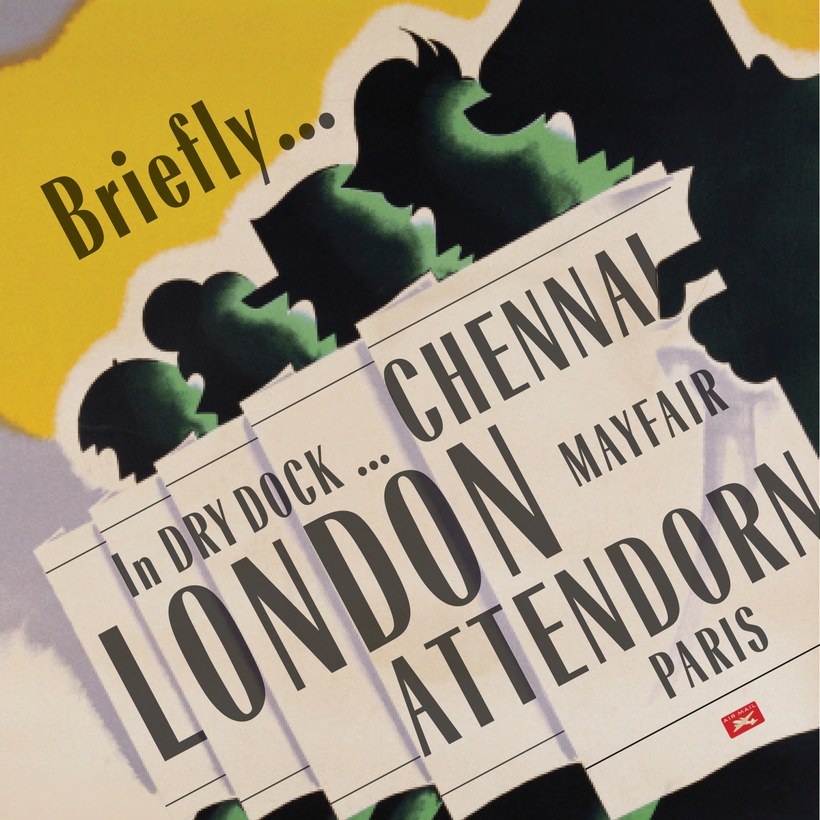In London …
Putting the titled in entitled
Say you’re looking to spend $4 million. A six-bedroom on Mulholland is within range … but, then again, that Bugatti Chiron Super Sport 300+ sure looks nice. Or—just spitballing here—have you ever thought about a peerage? Apparently, 16 of the U.K.’s last 17 Conservative Party treasurers have, or at least they didn’t say, “Oh, I couldn’t, really,” when one was offered. And to take that first step toward the House of Lords—by briefly serving as party treasurer—all they had to do was donate that amount or more to the Conservatives.
“An investigation by The Sunday Times and Open Democracy reveals that wealthy benefactors appear to be guaranteed a peerage if they take on the temporary role as the party treasurer and increase their own donations beyond £3 million,” reported The Times of London. “Among them was Peter Cruddas, a billionaire whose peerage was pushed through by Boris Johnson against the recommendation of the Lords appointments commission.”


